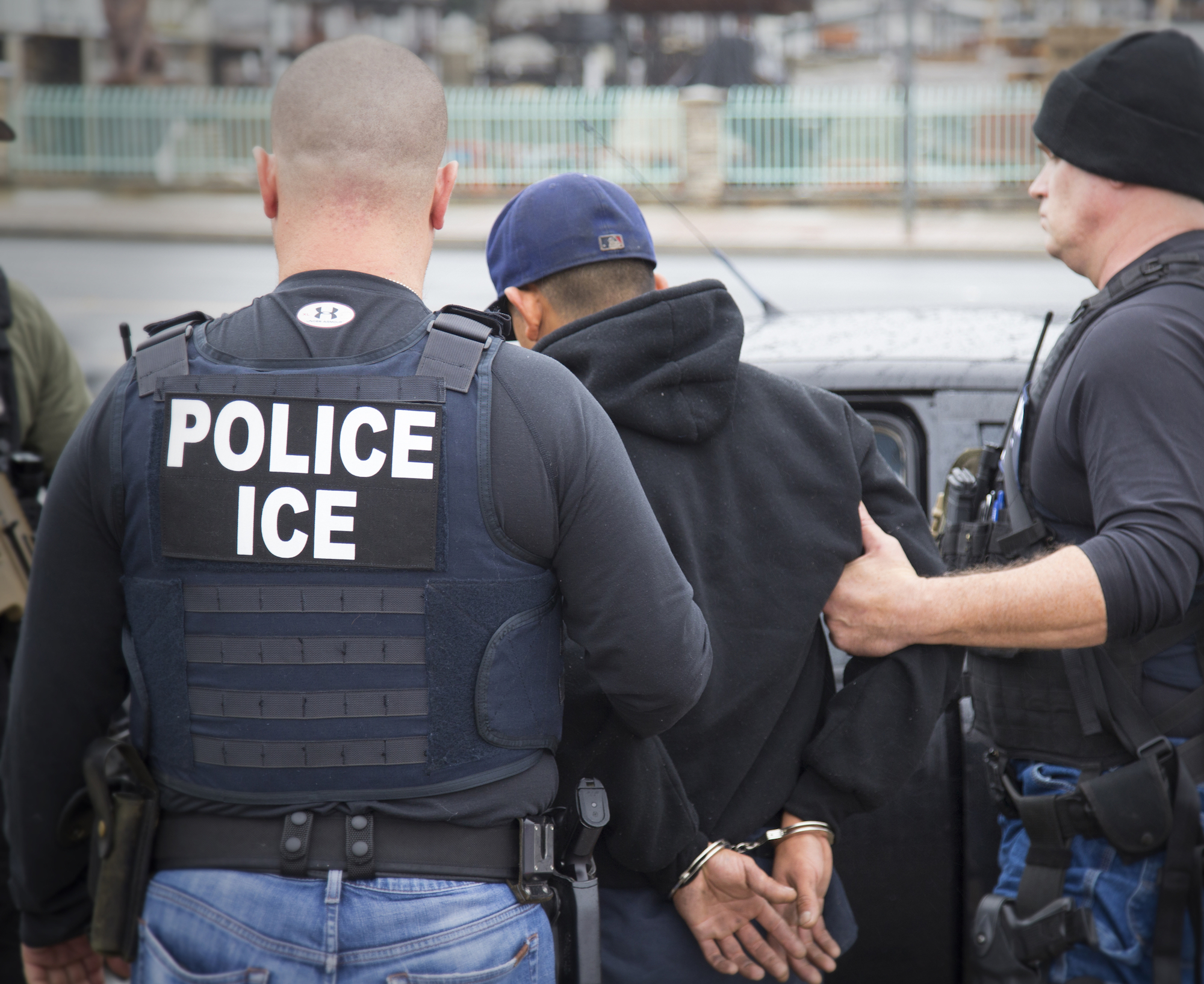The Trump administration has paused its issuance of weekly reports that list cities and counties that refused federal requests to detain suspected undocumented immigrants.
Since the Department of Homeland Security published the first of three such reports on March 20, the lists have been criticized both by jurisdictions that did not cooperate with Immigration and Customs Enforcement requests, and those that did.
Not only did some localities perceive the lists as attempts to publicly shame those that employed so-called “sanctuary” policies that limit cooperation with ICE, but a number of counties that say they were fully cooperative have accused the agency of wrongly including them on the lists.
ICE spokeswoman Sarah Rodriguez told The New York Times the reports will be temporarily suspended so the agency can “analyze and refine its reporting methodologies.”
ICE has since added a correction on its website, noting that the agency in its March 20 report inaccurately included eight counties in states such as Iowa, Pennsylvania, New York, Texas, and North Carolina.
The agency even issued a formal apology to Franklin County, Pennsylvania, for inaccurately listing the county as one of the nation's least compliant jurisdictions, the Herald-Mail reported.
But beyond the inaccuracies, the larger issue of whether jurisdictions should cooperate with federal immigration detainers has roiled cities and counties across the country, as local politicians and law enforcement leaders debate the constitutionality of holding suspected deportable immigrants based on ICE detainer requests alone.
Many jurisdictions have refused to honor such detainers unless they are accompanied by warrants signed by a judge. Federal courts have ruled in the past that holding inmates past their scheduled jail release dates without such a warrant violates the Fourth Amendment.
Homeland Security officials, however, have argued that their detainers are legally sufficient and no additional warrants are required, according to the Times.
Many counties have bristled under the spotlight following the publication of the reports, and have vowed not to cave to pressure from the Trump administration. Snohomish County, Washington, for instance, was named one of the top five noncompliant jurisdictions in the March 20 report.
The Snohomish County Sheriff called ICE's claims that the counties were undermining public safety "offensive," and Council Chairman Brian Sullivan told media the Trump administration is misunderstanding the law.
"This shaming in the face of court rulings is almost a bully tactic andI think it's unfortunate, because we want to work with our federal agencies and vice versa," Sullivan told local Fox affiliate Q13 FOX.
The debate has risen to a head in Travis County, Texas, which was responsible for 142 of the 206 instances of declined detainer requests included in the March 20 ICE report. Travis County, in particular, has attracted the ire of the Trump administration as well as the state's Republican governor, Gregg Abbott, for recently implementing a policy to decline ICE detainer requests in most cases.
The Travis County Sheriff's Department told media the county's seemingly disproportionate representation on the list was due to timing - the week documented in the DHS report was the week their policy was officially implemented.
The second report and third reports identified fewer instances from Travis County, and fewer instances overall. The second and third reports document just 47 and 65 declined detainers, respectively.
The debate over detainer requests and cooperation with ICE will come before a federal judge this week, as a hearing is scheduled for a lawsuit filed by San Francisco and Santa Clara County. The jurisdictions are requesting the judge block an executive order President Donald Trump signed on Jan. 25 that threatened to withhold federal funding from "sanctuary cities."

